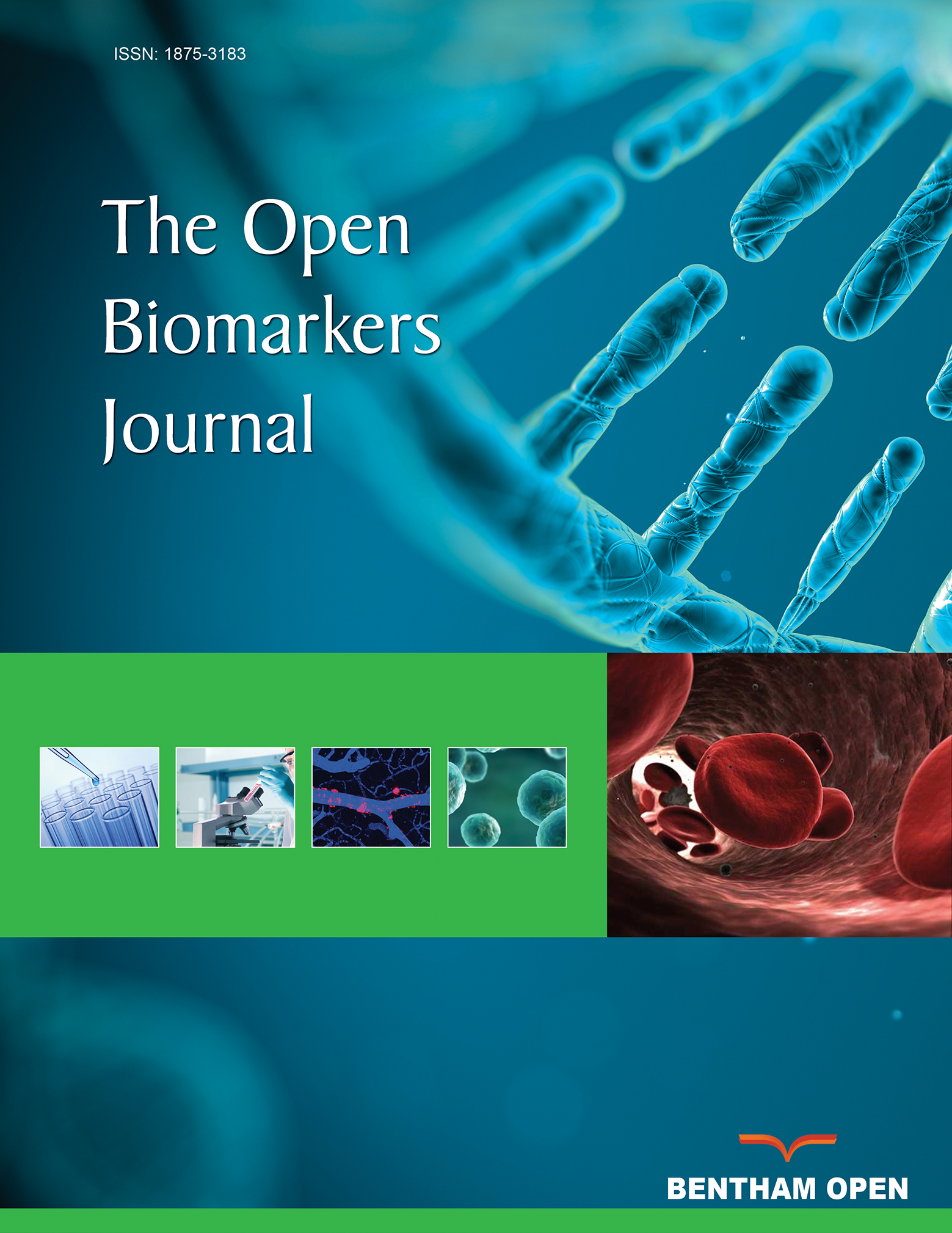All published articles of this journal are available on ScienceDirect.
DNA Damage and Oxidative Stress in Patients with Chronic Obstructive Pulmonary Disease
Abstract
Background:
We aimed to assess the level of DNA damage and susceptibility to exogenous mutagens in peripheral blood cells of Chronic Obstructive Pulmonary Disease (COPD) patients and healthy individuals by comet assay. Oxidative stress was also evaluated by means of thiobarbituric acid reactive species (TBARS) in blood plasma.
Methods:
Case-control study enrolling 51 COPD patients and 51 controls. Peripheral blood was used to perform the alkaline (pH>13) and neutral (pH=8.5) comet assay. For the assessment of susceptibility to exogenous DNA damage, the cells were treated with methylmethane sulfonate (MMS) for 1-hour or 3-hour at 37° C. The percentage of residual DNA damage after 3-h MMS treatment was calculated using the value of 1-h MMS treatment for each subject as 100%. Lipid peroxidation was evaluated by measuring TBARS in blood plasma.
Results:
DNA damage in patients was significantly higher than in controls as measured by the neutral and alkaline comet assay. Residual DNA damage detected after MMS treatment increased in patients, in contrast to controls, indicating higher susceptibility to alkylation damage and/or repair inhibition. High susceptibility to exogenous DNA damage in COPD patients correlates with high amount of TBARS and low forced vital capacity and expiratory volume.
Conclusion:
The positive correlation between increased susceptibility to exogenous DNA damage and TBARS levels in COPD patients suggests the possible involvement of oxidative stress in damage induction and/or repair inhibition.


